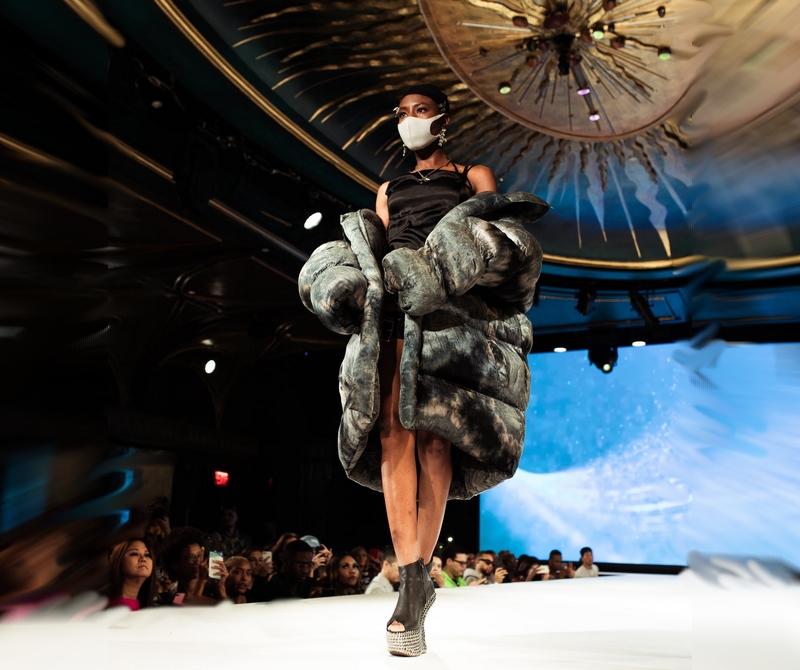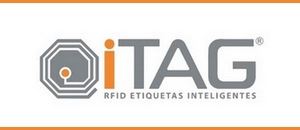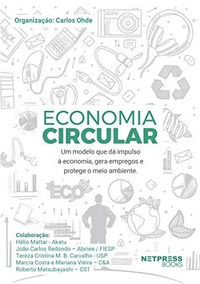Beatriz Beserra
Fashion films? E-commerce by “lives”? Digital games? “Reels”? With the Covid-19 pandemic, the digitization of companies in the fashion industry was super-fast, necessary and visible. Luxury fashion, in particular, known for mostly traditional and conservative actions and behavior, has shown that it does not intend to be left behind when it comes to NTFs – non fungible tokens.
NFTs are digital files generally registered, in blockchain, that serve as a non-replicable stamp. They can be images, videos, gifs or others. The important thing is that they are not interchangeable with each other. With them, immutable digital signatures are generated, which act as proof of authenticity and ownership in the digital sphere.

In the world of sneakers, NFTs were inaugurated by RTFKT Studios. In partnership with crypto artist Fewocious, the shoes that existed only in digital form were sold through a virtual auction and sold out in just seven minutes, bringing in $3.1 million to the brand.
Nike has created digital versions of its physical shoes, and Louis Vuitton uses the technology to track the provenance of its luxury products.
For its fall 2021 collection, Gucci partnered with art auction house Christie’s on an NFT video called “Aria,” which sold for $25,000 in June.
Crypto Fashion Week came at a time when the pandemic has ensured the relevance of digital fashion and cryptocurrencies are becoming popular. The result was an online schedule filled with workshops, exhibitions and conversations on the Clubhouse, Twitch, YouTube and the metaverse, bringing together a community of designers, artists, technologists and anyone interested in digital fashion.
In an article written by Nylon, one of the co-founders of Crypto Fashion Week, Lady Phoenix, said: “Digital fashion may overtake physical sales sooner than we think. Especially now, during Covid-19, people aren’t dressing to impress nowhere except on the internet.”

Through NFTs a feeling of exclusivity can be created, while items and experiences become desirable. In the fashion world, this gives the item in question the value of a unique, irreplicable and exclusive object, in addition to being permeated by an innovative and interesting experience. Luxury brands can use NFTs to give more customers access to their brands.
“What will be the expectations of someone who consumes digital pieces when they want to buy a real and tangible piece? Does not having a piece in the game increase the desire to be able to use the brand outside of it as well? I believe so”, bets the Futurologist Kim Ludvig.
At Decentraland alone, fashion crypto sales volume reached $750,000 in the first half of 2021, up from $267,000 in the same period last year, according to NonFungible.com, a website that monitors the NFT market.
A major motivation behind the implementation of NFTs is the enormous potential in ensuring authorship of the creations of designers, stylists and artisans. With these tokens, copies of clothes and fashion images will be easier to unmask, as everything will be registered on the network.
One of the platforms at the forefront of this use is Arianee, a French digital certification company that uses NFTs to guarantee the authenticity of luxury goods. Among the companies that have adopted this protocol are some of the watch market giants, such as Breitling and Vacheron Constantin.
Other NFT enthusiasts point to them as an eco-friendly alternative to fast-fashion.
Some criticize and warn about the technology’s environmental impact, given its much higher energy consumption than conventional transactions. Some brands are already moving towards a change to cleaner and more efficient protocols. As an example, Burberry NFT does not run on the energy-intensive Proof of Work cryptography model such as Ethereum, but rather via an EOSIO private blockchain protocol using a much less energy-consuming proof-of-authority model.
If these will be trends and practices that are increasingly frequent in our society, we will soon know.
Beatriz Beserra is a legal assistant at Daniel Advogados



















